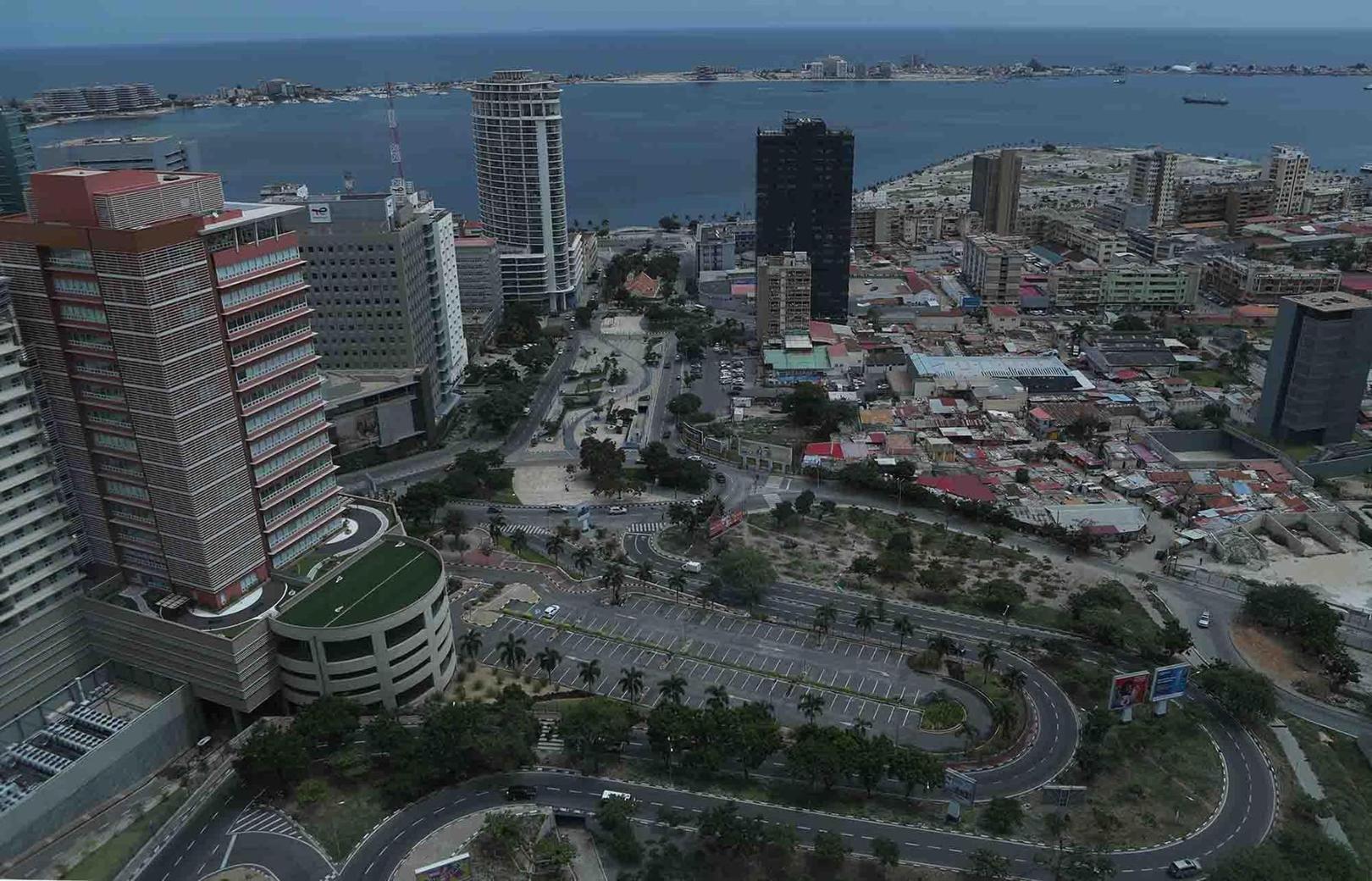Africa-Press – Angola. The Executive may institute the Best City and Best Municipality of Angola Award, with a view to recognizing innovative initiatives in municipal management, said Thursday the Minister of Territorial Administration (MAT), Dionísio da Fonseca.
The Draft Presidential Decree that creates this initiative and the respective regulation was appreciated on Thursday, in the city of Uíge, at the 1st Ordinary Meeting of the Local Governance Council (CGL), chaired by the President of the Republic, João Lourenço.
The Minister of Territory Administration (MAT), Dionísio da Fonseca, clarified, on the occasion, that the Best City and Best Municipality Award is an initiative of the Executive Power.
He indicated that, with this assumption, the Executive intends to attribute distinctions, incentives and incentives that recognize the innovative initiatives of the municipal management for the satisfaction of the needs of the populations.
New political-administrative division of the country
The minister informed that the Proposed Alteration of the country’s political-administrative division should conform to the requirements of demographic growth and infrastructures, the expansion of population clusters, as well as the need to reduce regional asymmetries.
He clarified that the technical work of this process is practically concluded, ensuring that there are still some steps to be taken so that, at the level of provincial and municipal governments, it is possible to continue with the process of consultation with society.
The government official pointed out that the conclusion of the process is scheduled for this year, “to ensure that from the OGE 2024 onwards, the new bodies of the State administration that will be created on the basis of the alteration of the political-administrative administration of the country can be included.
He made it known that in terms of provinces, priority will be given to the division of the provinces of Cuando Cubango and Moxico.
“In principle, the emergence of two more provinces is projected, but we are also carrying out the work of elevating communes and urban districts to the category of municipalities”, he stressed.
The official noted that, initially, they had projected the emergence of 581 municipalities, but as a result of the work that was done with the provincial governments and municipal administrations, so far, a projected total of 552 municipalities has been projected.
He emphasized that the challenge now is to understand whether they are going to raise all communes and urban districts immediately to the category of municipalities, or whether they are going to carry out a more phased and less accelerated process, which allows assessing the gains that this measure will provide.
“Of course, any of the solutions has advantages and disadvantages and it is this work that the provincial governments will have to do in their territorial circumscriptions, ensuring, more and more, the approximation of public services to the populations and the path to follow for the institutionalization of autarchies’ , he said.
Protection of public goods
The minister repudiated the vandalism of public property in recent times and expressed the need to trigger actions to mobilize and protect these assets, as well as denounce people who have been perpetuating this type of acts “which do nothing for the development of the country.
With regard to the Directed Self-Construction Programme, he said that it is a new strategy for approaching the housing issue in the country, ensuring that the State will continue to build the centralities that are already programmed and boost the self-directed construction sector, to reduce the housing deficit.
He called for the participation of private investors, cooperatives and organized social groups in this process.
The 1st meeting of the Local Governance Council, held in the city of Uige, was attended by the governors of the country’s 18 provinces and heads of ministerial departments.
The Local Governance Council is the collegiate auxiliary body of the President of the Republic in the formulation and monitoring of the execution of the governance policies of the State Administration at local level.
It meets every six months and is chaired by the President of the Republic, assisted by the Vice-President of the Republic.
The CGL comprises ministers of State, ministers, provincial governors, secretaries of the President of the Republic and the secretary of the Council of Ministers, among other entities linked to matters of local governance.
For More News And Analysis About Angola Follow Africa-Press






